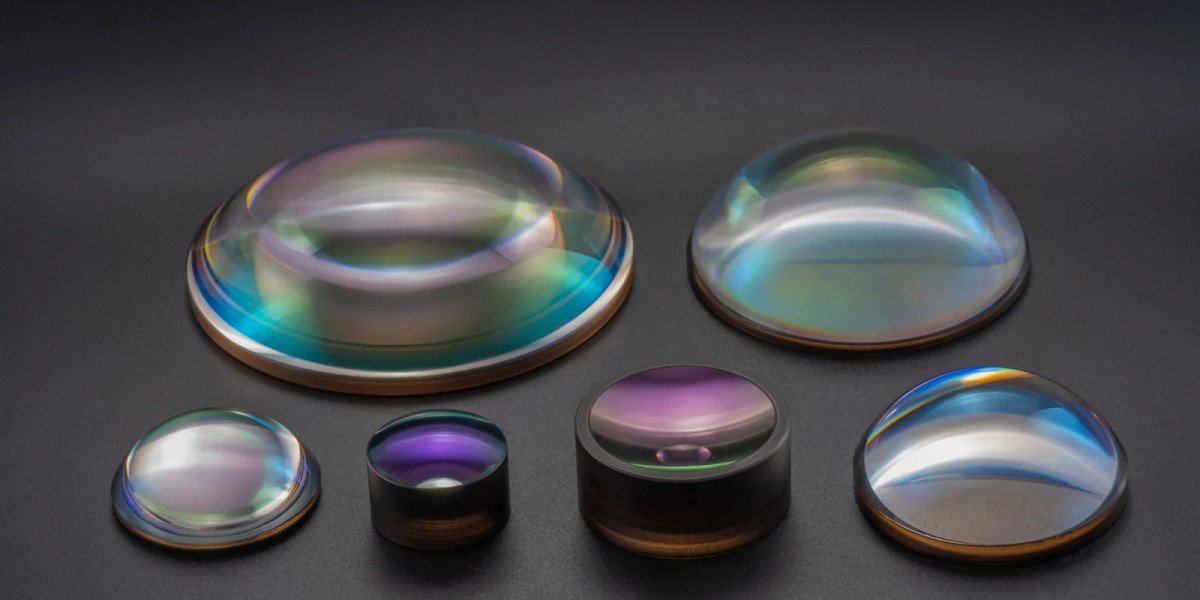In the world of optics, precision and clarity are vital for achieving accurate results. One essential component that delivers exceptional performance is the glass spherical lens. Known for its curved surface and ability to focus or diverge light, this lens is widely used in imaging systems, optical instruments, and scientific applications. If you’re seeking insights on its structure, uses, and benefits, this glass spherical lens guide covers everything you need to know.
What is a Glass Spherical Lens?
A glass spherical lens is an optical lens with at least one surface shaped like a portion of a sphere. Its curvature allows it to bend and focus light rays to a specific point. Depending on its shape, it can be classified into convex (positive) lenses that converge light or concave (negative) lenses that diverge light. These lenses are made from high-quality optical glass, offering superior clarity and minimal distortion.
Key Features of Glass Spherical Lens
A glass spherical lens stands out due to its unique design and properties:
High precision: Manufactured with tight tolerances for accurate focusing.
Durable material: Optical-grade glass offers resistance to heat and scratches.
Excellent light transmission: Ensures minimal reflection and maximum clarity.
Versatility: Available in various sizes and curvatures for different applications.
Applications of Glass Spherical Lens
Glass spherical lenses are widely used across multiple industries and technologies:
Cameras and Photography: Improves image sharpness and focus.
Medical Equipment: Used in diagnostic imaging and laser systems.
Scientific Instruments: Essential for microscopes, telescopes, and spectrometers.
Industrial Laser Systems: Helps in focusing or collimating laser beams.
Consumer Electronics: Found in projectors, VR headsets, and optical sensors.
Advantages of Using Glass Spherical Lens
Opting for a glass spherical lens comes with several benefits:
High clarity and precision: Produces sharp images with minimal optical errors.
Durability: Withstands harsh conditions and long-term use.
Cost-effective manufacturing: Easier to produce compared to complex aspheric lenses.
Wide compatibility: Suitable for a broad range of optical systems.
Factors to Consider When Selecting a Glass Spherical Lens
To ensure optimal performance, keep the following factors in mind:
Focal length: Determines how the lens converges or diverges light.
Lens material: High-quality optical glass ensures better performance.
Coating: Anti-reflective coatings reduce light loss and improve clarity.
Diameter and curvature: Must align with your specific optical setup.
Conclusion
The glass spherical lens is a cornerstone of modern optics, delivering exceptional light control, clarity, and reliability for various applications. From professional photography to medical imaging and industrial systems, its versatility makes it an indispensable component. For top-quality lenses designed to meet diverse optical needs, explore glass spherical lens and enhance your optical solutions.







